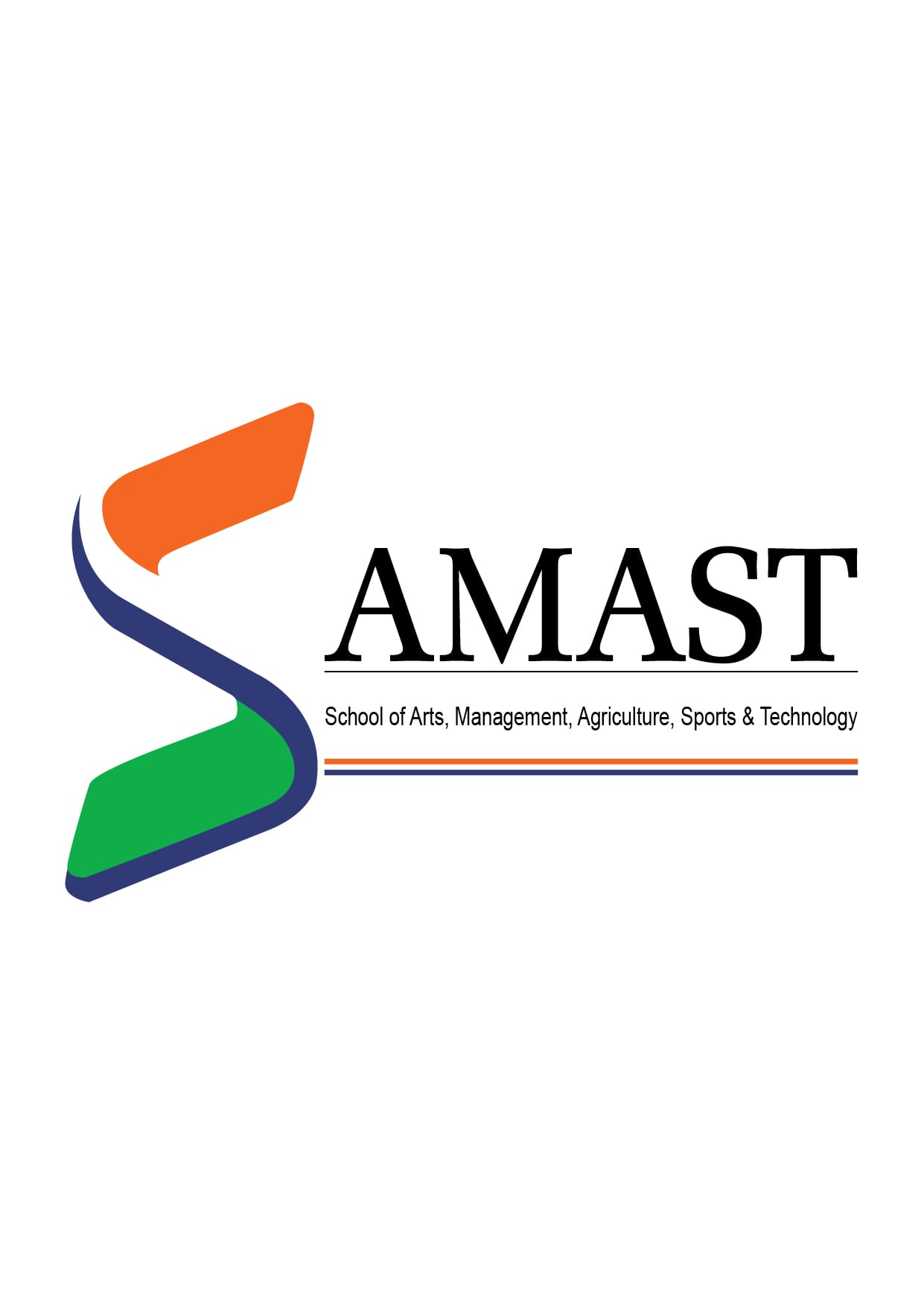Introduction: A Shift in the Education Landscape
For decades, professional degrees have been considered the gold standard for securing well-paying, reputable careers. However, the rapid evolution of industries and job markets has challenged this perception. Today, vocational training is emerging as a powerful alternative, offering focused, skill-based education that aligns directly with industry needs.
Vocational training, especially through programs like those offered by SAMAST Dehradun, provides practical, real-world skills and industry-recognized certifications. It’s time to break the myths surrounding vocational education and embrace its growing role as the new professional degree.
Myth #1: Vocational Training Is for Entry-Level Jobs Only
The Reality: Vocational Skills Open Doors to Advanced Roles
Vocational training equips individuals with specialized skills that are essential for mid-level and even managerial roles. In industries like hospitality, tailoring, and F&B, practical expertise often trumps theoretical knowledge.
- Example:
A SAMAST graduate trained in F&B service can rise from a server to an F&B manager with additional experience and leadership skills.
Key Takeaway:
Vocational training builds a foundation for career progression, not just entry-level employment.
Myth #2: Vocational Training Lacks Credibility
The Reality: Certifications Carry Significant Weight
Programs certified by reputable organizations like NSDC (National Skill Development Corporation) ensure high-quality training that meets industry standards. SAMAST’s NSDC-certified courses are nationally and internationally recognized, making them credible and valued by employers.
- Example:
A SAMAST tailoring certification is recognized across India, allowing graduates to work with established garment manufacturers or start their own boutiques.
Key Takeaway:
Vocational certifications are legitimate, respected, and often equivalent to professional degrees in their respective fields.
Myth #3: Vocational Training Is Inferior to a Degree
The Reality: Practical Skills Are Just as Valuable as Academic Knowledge
While degrees focus on broad theoretical education, vocational training emphasizes practical, hands-on learning. This approach ensures students are job-ready from day one.
- Example:
A SAMAST graduate trained in housekeeping management can efficiently handle real-world responsibilities, unlike a degree holder without practical exposure.
Key Takeaway:
Employers prioritize skills and results over educational qualifications alone.
Myth #4: Vocational Careers Don’t Pay Well
The Reality: Skilled Professionals Are in High Demand
With industries facing skill shortages, vocationally trained individuals often earn competitive salaries. For instance, roles in hospitality, F&B, and fashion offer attractive pay scales, especially as professionals gain experience and expertise.
- Example:
SAMAST’s F&B graduates working in luxury hotels can earn salaries comparable to degree holders in other fields.
Key Takeaway:
Vocational careers provide financial stability and opportunities for growth.
Myth #5: Vocational Training Is Limited to a Few Fields
The Reality: A Wide Range of Industries Welcome Vocational Skills
Vocational training covers diverse fields, from hospitality and tailoring to data entry and facility management. Programs are tailored to meet the specific needs of these industries, making them versatile and relevant.
- Fields Offered at SAMAST:
- Tailoring and Fashion Designing
- Hospitality Management
- Food & Beverage Service
- Data Entry and Administrative Skills
Key Takeaway:
Vocational training opens doors to varied industries, offering multiple career pathways.
Why Vocational Training Is the New Professional Degree
1. Industry-Relevant Skills
Vocational training aligns directly with market demands, ensuring students are equipped with the skills employers need.
2. Faster Career Entry
Most programs can be completed within 3 to 6 months, allowing students to start working sooner than degree graduates.
3. Affordable Education
Vocational courses are cost-effective, making them accessible to a wider audience.
4. Placement Support
Institutes like SAMAST provide robust job placement services, connecting students with reputable employers.
5. Lifelong Learning Opportunities
Vocational training encourages continuous skill development, enabling professionals to upskill and stay relevant in their fields.
Success Stories: The Impact of Vocational Training
Ravi, Front Desk Executive
- Background: A high school graduate with no prior experience.
- Journey: Ravi completed SAMAST’s hospitality program and now works at a luxury resort, earning a stable income and building a career in guest relations.
Meena, Boutique Owner
- Background: A homemaker with a passion for stitching.
- Journey: Meena joined SAMAST’s tailoring course and started her own boutique, serving local clients and generating consistent income.
Ankit, Data Entry Specialist
- Background: A fresh graduate seeking stable employment.
- Journey: After completing SAMAST’s data entry program, Ankit secured an administrative role at a government office.
FAQs About Vocational Training
Q1: Can vocational training replace a degree?
Vocational training provides focused, practical skills that are highly valued in many industries. While it may not replace a degree in every field, it is often equivalent or superior in skill-based professions.
Q2: Are vocational certifications recognized?
Yes, certifications from NSDC-certified programs like those at SAMAST are recognized nationally and internationally.
Q3: What industries benefit most from vocational training?
Hospitality, fashion, F&B, data entry, and facility management are just a few industries that prioritize vocationally trained professionals.
Q4: How long does it take to complete a vocational course?
Most vocational programs at SAMAST range from 3 to 6 months.
Q5: Does SAMAST offer placement support?
Yes, SAMAST connects students with employers and provides guidance for interviews and career development.
Conclusion: The Future Belongs to Skills
Vocational training is not just an alternative to traditional degrees—it’s a game-changer for individuals seeking fast-tracked, skill-based careers. With SAMAST’s NSDC-certified programs, students gain practical knowledge, industry-recognized certifications, and access to high-demand jobs.
Break the myths and embrace the future of education.
Join SAMAST’s vocational training programs today and build a career that combines skills, confidence, and success!
Share via:
